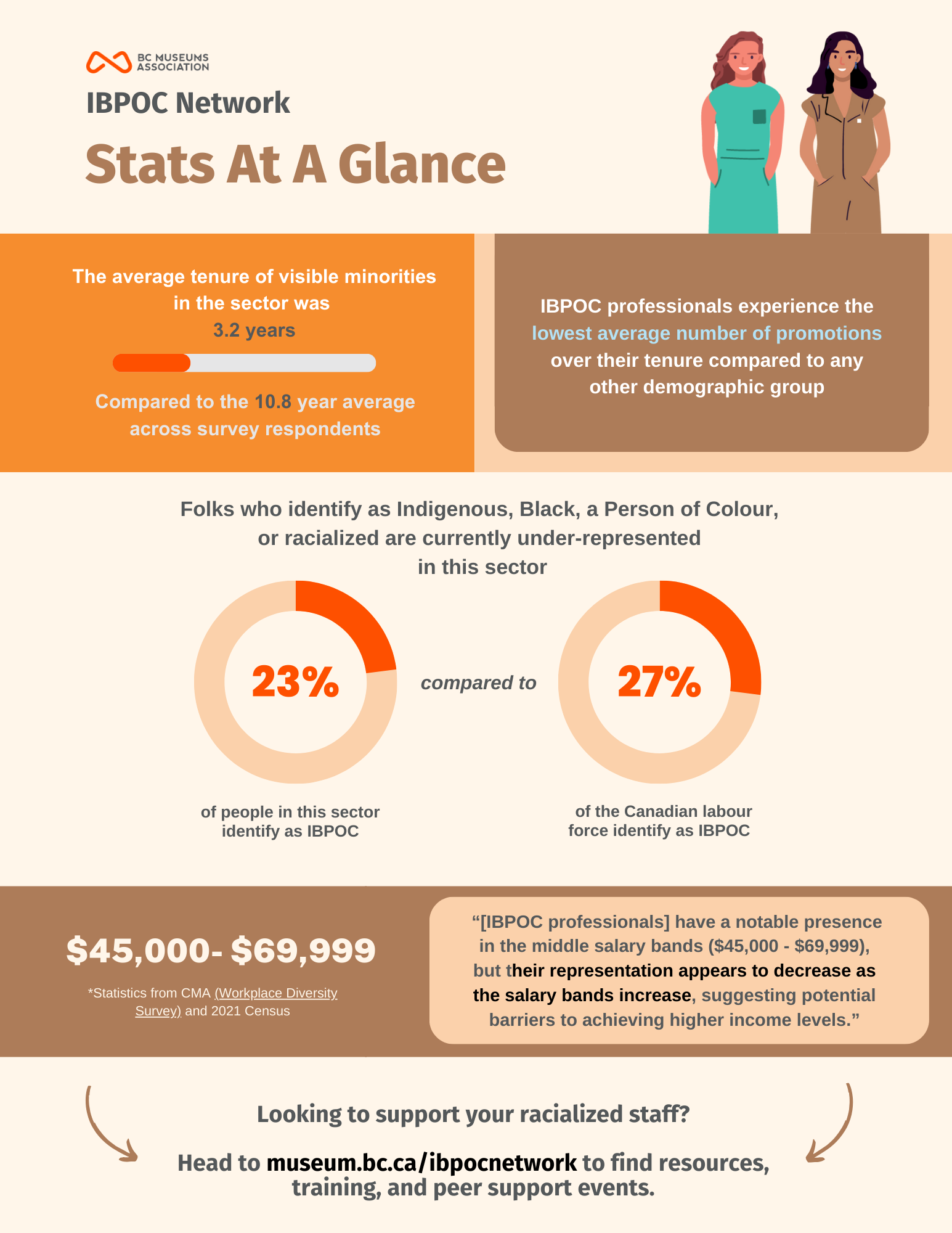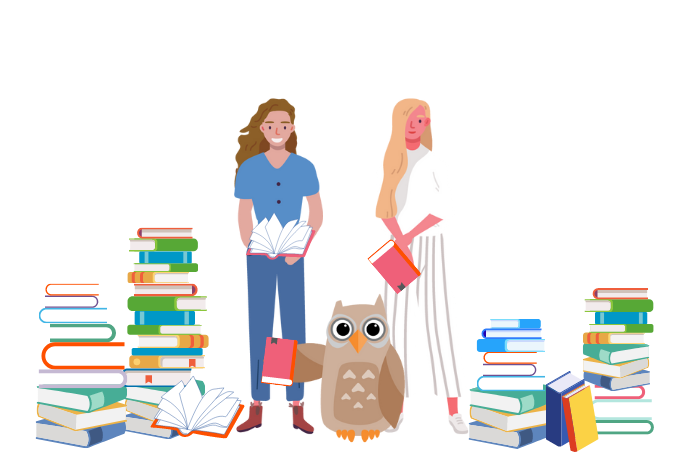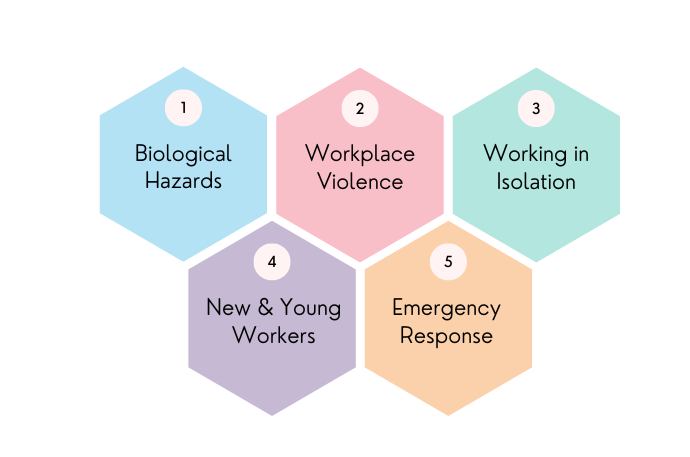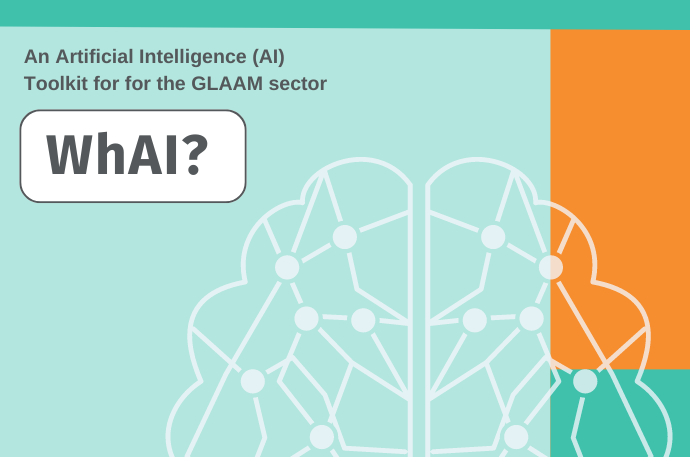Update on the BCMA’s Ongoing Commitment to Justice, Equity, Diversity, and Inclusion: September 2024
The BC Museums Association is committed to supporting justice, equity, diversity, and inclusion within the museum and cultural sector and in our own organizational practices. A key component of this commitment is being open and transparent with our community. We aim to provide quarterly updates about the steps we are taking to support justice, equity, diversity, and inclusion. If you have feedback or would like to share your thoughts, we encourage you to contact us at any time. To read our past updates, please visit this page.
The BCMA has published regular justice, equity, diversity, and inclusion updates since 2020.
Jump to: Updates
Introducing the Researching Accountability Practices Project
In response to ongoing violence against and exclusion of racialized and historically marginalized communities, arts and culture organizations, like the BC Museums Association, have been called on by their members to support professional ethics and accountability.
The BCMA’s 2021 Governance Challenges and Opportunities in BC’s Small to Medium Non-Profit Museums study shows one of these clear calls to action – professional associations like the BCMA are not sufficiently supporting arts, culture, and heritage professionals who are experiencing harassment, bullying, micromanagement, and dysfunctional governance structures.
Through conversations with the BCMA’s Indigenous Advisory Committee, IBPOC Network, and 2SLGBTQIA+ Network Advisory – it is undeniable that this crisis is even more acute for racialized, marginalized, and gender non-conforming communities. Data shows that these communities are compensated at lower rates than their cis, white, and male peers, have an average of one-third the length of tenure, and are significantly more likely to suffer from stress and burnout. When underrepresented groups face workplace misconduct, it is often harder for them to speak up. And many bystanders, even those in positions of relative privilege and career safety also do not speak up, due to a myriad of factors from not understanding workplace safety laws, to feeling ill-equipped to respond, to fearing social/career consequences.
Those who may speak up fear a lack of sufficient support, retaliation, or being silenced. For instance, one-third of Canadians who have experienced harassment and discrimination have been asked to sign an NDA. It is abundantly clear that the arts and culture sector is not a safe and welcoming space for equity-deserving communities.
“Isn’t there anything you can do?” This is a question the BCMA is asked regularly by members who do not have access to meaningful paths that hold harmful institutions accountable.
The RAP (Researching Accountability Practices) project is in direct response to these calls to action and needs in the sector. This six-month research and sector consultation process will review accountability practices like whistleblowing, ethics violations, and complaint processes in other sectors, jurisdictions, and countries, and speak with equity-seeking communities. Research and exploration of existing models and systems in other sectors will allow the BCMA to learn from their successes and challenges to inform future best practices. In turn, an output of policies, resources, programs, and support services can be guided by the research findings. This research will be shared with peer arts and culture organizations, and key funders, and will shape the BCMA’s future work to create space for our members to engage in meaningful, courageous dialogue and equitable actions.
This process will also ensure a deep level of consultation; initial recommendations will not be developed in a silo but will represent a more holistic approach to systems change. An initial step in this process is to receive feedback and information from the community via a survey. The survey will gather information on personal and organizational experiences with ethics and reporting/whistleblowing. The goal is to use survey responses to build a base understanding of the needs in our sector, and how this research project can help meet them. Please see the survey page here for more information, and/or to take the survey!
BCMA Accountability Practices Survey
Thank you for contributing to this research by filling out our survey!
Please continue to follow the newsletter, BCMA social media and website for more updates on the RAP Project. If you have any questions or feedback about the project, please contact us at bcma@museum.bc.ca
Updates
IBPOC Network:
The IBPOC Network continues to hold an accountable space for racialized staff, volunteers, and students in the sector. In addition to our monthly online sessions, we are once again taking Tea and Talk on the road as we travel throughout BC and Alberta. So far this year the network has led in person Tea and Talks in New Westminster, Surrey, Edmonton, Nanaimo, Calgary, Burnaby, Victoria, North Vancouver, and Kelowna. We thank all of our hosts for holding these affinity spaces for conversations within the IBPOC community, and we look forward to our next sessions in Prince George, Vancouver, Richmond, and Coquitlam.
The IBPOC Network also hosted a Cultivating Careers Workshop day at the Burnaby Village Museum in May this year. Cultivating Careers sessions focus on ways IBPOC museum, heritage, and cultural professionals can further their careers, encourage emerging IBPOC professionals, and navigate situations within their workplace all with the goal of strengthening IBPOC representation in the sector. This session was our first in-person professional development workshop. The workshop included trauma-informed practice training, a guided walk through the Indigenous learning spaces of the village and exhibition spaces, and a Tea and Talk.
In early July, the IBPOC Network launched an email campaign. The campaign was intended to increase support for IBPOC staff and volunteers in the sector, and increase sector-wide support for employees wanting to attend IBPOC Network events. Along with the campaign we sent out the ‘Stats at a Glance’ poster as seen here to demonstrate some of the challenges IBPOC are currently facing in the sector and highlight the need for support and change. The email campaign reached over one thousand emails throughout BC! Please feel free to download and share the ‘Stats at a Glance’ poster. If you would like to participate in the email campaign, please reach out to us at outreach@museum.bc.ca and we will happily forward you the email.

Pathways
Arts BC, the BCMA, the Greater Vancouver Professional Theatre Alliance (GVPTA), and the Rural Arts Inclusion Lab (RAIL) are partnering again to launch the second year of the Pathways program.
For the past year, 70 organizations and nearly 140 individuals have devoted hundreds of hours to learning, reflecting, and integrating strategies for making their work and organizations more equitable and accessible in the Pathways program’s pilot year. Pathways supports organizations as they tackle the challenges of implementing specific equity practices into their work regardless of scale, geographic or historical context. It is an individualized process that focuses on turning learning into action.
Pathways Year 2 will offer two intakes: Applications opened on June 25th to start the program in September 2024 and intake for the Fall cohort is now closed. Intake for the Winter cohort of Pathways will open later this Fall. Participants will be supported with individualized learning pathways, by peer networks, one-on-one guidance, and access to professional development and learning experiences relevant to their organization’s equity and access goals.
Pathways is developed by a collaborative community of organizations and our networks that include Arts BC, BCMA, GVPTA and RAIL. The Pathways project is a partnership between this community and the BC Arts Council.
BCMA Book Club
The BCMA Book Club’s summer session, reading three levels of UNDRIP, is nearly complete. Participants read the United Nations Declaration on the Rights of Indigenous Peoples (2007), the Government of Canada’s United Nations Declaration on the Rights of Indigenous Peoples Act Action Plan (2023), and the Government of B.C’s Declaration on the Rights of Indigenous Peoples Act Action Plan (2022).
BCMA staff members Lorenda and Leia lead these sessions and are keen on continuing to create the opportunity for sector professionals to hold themselves accountable for reading and discussing key pieces of legislation or important resources that can help support their equity and justice work.
You can find the list of previous Book Club readings and the dates for future sessions on our website. It will return for a Fall/Winter session after the BCMA Conference in September.

Safety+
Safety+ is a new collection of resources and workshops that meet the rising need for expanded safety training for museum workers that look beyond basic working conditions to explore the severely neglected community and psychological care aspects of Health & Safety.
As museums act as agents of change in their communities, workers become at risk to backlash and pushback. They deserve to be prepared to manage these situations in a safe way. As the sector prioritizes more equitable and decolonial practices and programming, it is important that professionals and volunteers are equipped with the skills and resources required to reduce harm to themselves, their team, their collections, and their community.

Safety+
This toolkit is being developed and delivered for museums as a direct response to the increasing demand for support of museum staff, community, and collection safety.
WhAI?
WhAI? will produce an AI for GLAAM organizations toolkit and offer digital workshops that bring professionals and volunteers together for cross-sector training opportunities.
GLAAM (gallery, library, arts, archives, and museums) organizations are under tremendous pressure to adopt seemingly innovative “artificial intelligence” tools despite having legitimate concerns about these tools’ social, legal, and environmental impacts. WhAI? will work to develop considerations and wise practices for arts and culture organizations, volunteers, and professionals to help provide a critically reflexive understanding of these emerging tools and can better balance building our sector’s digital capacity through the lens of digital equity.

WhAI? Artificial Intelligence (AI) and GLAAM
WhAI? will work to develop considerations and wise practices for arts and culture organizations, volunteers, and professionals to help provide a critically reflexive understanding of these emerging tools and can better balance building our sector’s digital capacity through the lens of digital equity.
Honesty and transparency are a critical part of this work and we welcome our members’ feedback on how we can continue growing and improving. If you have questions, comments, or thoughts, please contact us at any time. Alternatively, if you would like to discuss how the BCMA can support your organization’s own justice, equity, diversity, and inclusion work, we would be happy to hear from you. This work will take time, but together we can use the transformative power of museums to reinvent our sector for the betterment of everyone.
